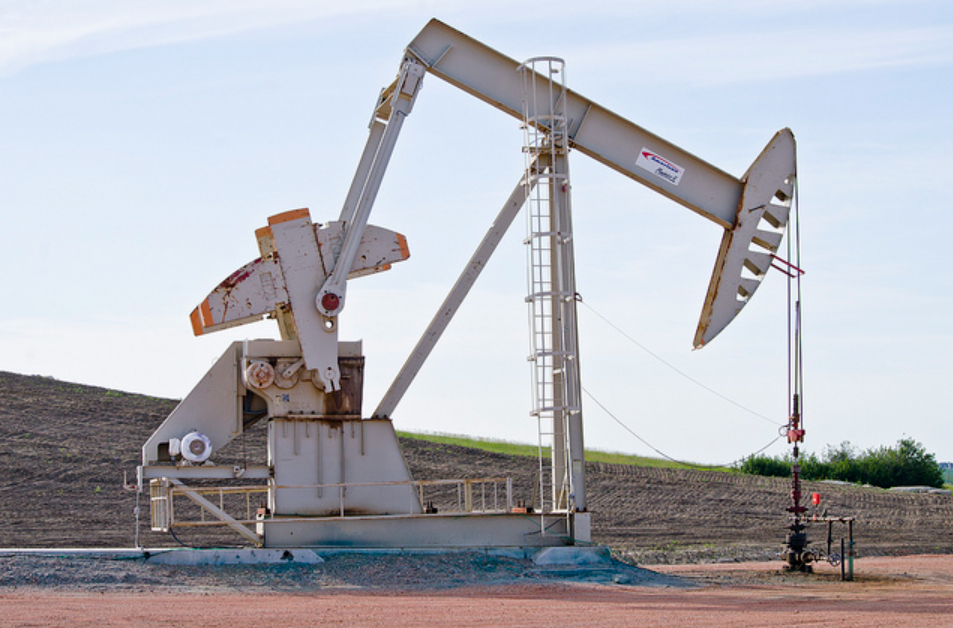Wed Feb 09, 2022
Wednesday / February 9
EIA projections
The U.S. Energy Information Administration (EIA) said in its Short-Term Energy Outlook (STEO) report released Tuesday that U.S. natural gas production and demand will increase in 2022 as the economy continues to grow.
The EIA predicts dry gas production will rise from a record 93.59 bcfd in 2021 to 96.09 billion cubic feet per day (bcfd) in 2022 and 97.97 bcfd in 2023.
The agency also predicts gas consumption will rise from 82.92 billion barrels in 2021 to 84.27 billion barrels in 2022, reaching a record 83.85 billion barrels in 2023.
The EIA increased its 2022 forecasts for US and global benchmark oil prices by approximately 11%.
The EIA expects Brent crude to average $82.87 per barrel this year, up 10.6% from its January forecast, while West Texas Intermediate crude prices are expected to average $79.35 per barrel, up 11.2% from the previous forecast.
The EIA also raised its WTI and Brent oil forecasts for 2023 by 1.5% to $64.48 for WTI and $68.48 for Brent. The EIA said, US oil production is expected to average 11.97 million barrels per day this year, up 1.4% from its January forecast.
Europe talks
German Chancellor Olaf Scholz hosted French President Emmanuel Macron and Polish President Andrzej Duda in Berlin on Tuesday, right after talks with the US, Russian and Ukrainian leaders.
The trio met over fears that Russia is gathering military equipment and more than 100,000 troops on the Ukrainian border.
"The leaders call on Russia to de-escalate the situation at the Ukrainian border and engage in a meaningful dialogue on security on the European continent. They underscore that any further military aggression by Russia against Ukraine will have massive consequences and severe costs," the German government said in a statement.
Scholz said NATO allies agreed on the current situation and what the consequences would be if Ukraine's territory and sovereignty were violated. "Our common goal is to avoid a war in Europe," said the chancellor, speaking alongside Duda and Macron. While Scholz spoke with Biden at the White House on Monday, Putin hosted Macron at the Kremlin.
"Our position is that further violations of Ukraine's territorial integrity and sovereignty are unacceptable and that any invasion will have far-reaching political, economic and certainly geo-strategic consequences. Germany, France and Poland are united for the goal of maintaining European peace," Scholz said.
The Kremlin continued to argue that security concerns were not met as of Tuesday.
"I don't think Putin will back out with any sanctions bill in the US Senate," said McConnell, the Republican leader of the US Senate.
EU's chip plans
The European Union will support more investment in chip manufacturing to avoid further supply chain disruption and ultimately become less dependent on foreign firms.
The European Commission, the EU's executive arm, announced on Tuesday a new European Chip Law support package that will provide 15 billion euros ($17.11 billion) by 2030 through additional public and private investment. This follows the public investment of 30 billion euros previously allocated.
The epidemic exposed the fragility of chip supply chains, European Commission President Ursula von der Leyen said on Tuesday. The Eu set the goal of achieving 20% of the global market share of chip production in Europe by 2030. "We're at 9 percent right now," she said.
US stocks
US stocks rose on Tuesday ahead of the week's much-anticipated inflation data.
The Dow Jones Industrial Average rose 371.65 points, or approximately 1.06%, to 35,462.78. The S&P500 was up 0.84% to 4,521.54, while the Nasdaq Composite was up 1.28% to 14,194.45.
Institutional gains led stock moves on Tuesday. Harley-Davidson rose more than 15% after the company posted a surprise fourth-quarter profit. Amgen and Chegg rose 7.8% and approximately 16% respectively after their quarterly updates.
Shares of American Express rose 3.3% and JPMorgan gained 1.9% to support Dow. Energy shares gained as the US and Iran returned to talks in Vienna.
